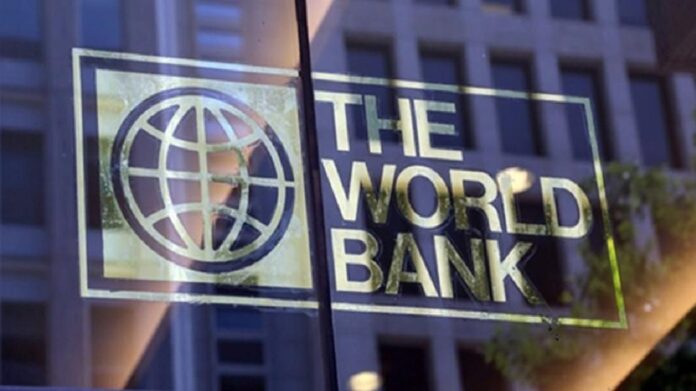By: Staff Writer
Colombo (LNW): The World Bank yesterday reiterated that a higher and more efficient revenue mobilisation is fundamental for Sri Lanka’s sustainable fiscal path.
The multilateral donor releasing its latest “The Sri Lanka Development Update, Mobilising Tax Revenue for a Better Future,” stressed that improved revenue mobilisation is critical to Sri Lanka’s return to macroeconomic stability.
The country has one of the lowest tax-to-GDP ratios in the world. By 2022, the tax system was characterised by low, multiple, and frequently changing rates, a narrow and shrinking base, a high tax burden on labour rather than capital incomes, an over-reliance on indirect taxes, and a weak administration with poor compliance outcomes.
These features have made the system complex, inefficient and inequitable.A Government-led tax reform package has been under implementation since May 2022.
This includes the introduction of new taxes, a wide range of adjustments to the tax rates and bases, and an intention to improve the efficiency of tax collection and increase compliance.
The World Bank also said Sri Lanka’s economy is expected to grow by 1.7% in 2024 after contracting by 3.8% in 2023 signalling that the outlook is clouded with uncertainty and that growth prospects depend on progress with debt restructuring and the implementation of critical structural reforms.

